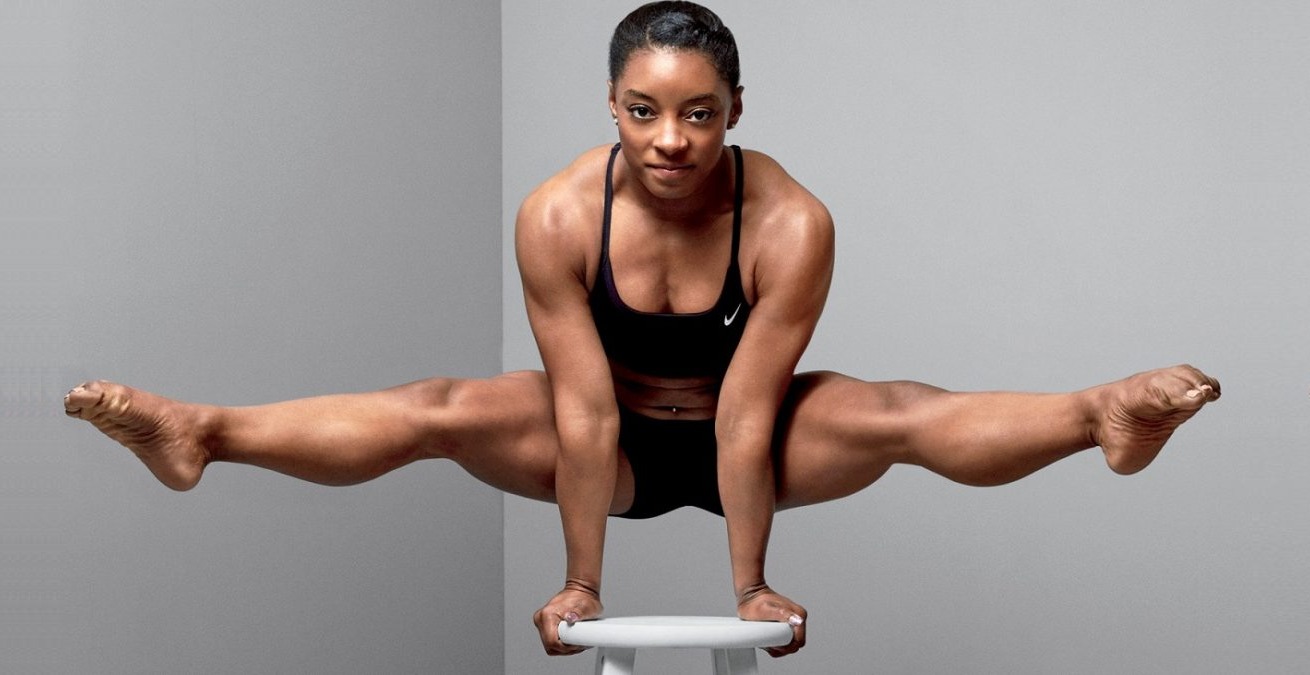I know the gymnastics community has strong opinions about what "potential" looks like in a gymnast. Some students are just born bouncy, swingy, and handstand-y. (Bonus if they pass the marshmallow test.)
But what about coaches? What does it take to be a good coach?
Let's assume we have a coach that is punctual, educated, and dedicated. Is that enough? Or is there some proverbial "natural aptitude" that destines a coach to be great?
More about me: I am a (new) coach and retired gymnast. My experience as a gymnast informs my coaching—but that experience only goes so far. At some point, I am going to need to coach gymnasts who can do things that I never could. Am I doomed for failure, or are there strategies for coaching beyond one's physical ability?
But what about coaches? What does it take to be a good coach?
Let's assume we have a coach that is punctual, educated, and dedicated. Is that enough? Or is there some proverbial "natural aptitude" that destines a coach to be great?
More about me: I am a (new) coach and retired gymnast. My experience as a gymnast informs my coaching—but that experience only goes so far. At some point, I am going to need to coach gymnasts who can do things that I never could. Am I doomed for failure, or are there strategies for coaching beyond one's physical ability?
